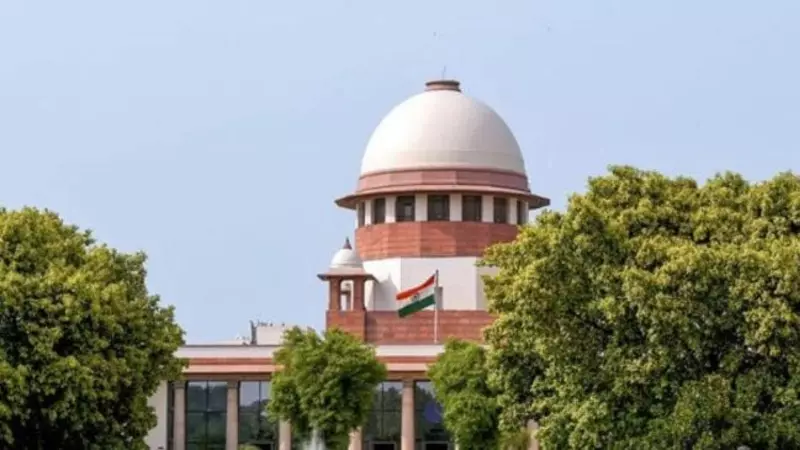
In a significant legal development, the Supreme Court of India has firmly dismissed a petition seeking to quash a First Information Report (FIR) filed against an individual for a contentious Facebook post. The post in question allegedly discussed plans to reconstruct the Babri Masjid, a subject of deep historical and religious significance in India.
The Core of the Legal Controversy
The petitioner, facing criminal charges for his social media activity, approached the apex court arguing that the case against him was baseless and should be scrapped. However, a bench of the Supreme Court saw no merit in this request, upholding the legitimacy of the ongoing police investigation.
The court emphasized that the content of the Facebook post was serious enough to warrant a thorough probe by the authorities. This decision reinforces the principle that freedom of speech, while a fundamental right, is not absolute and carries responsibilities.
A Deeper Look at the Implications
This ruling is more than just about a single social media post; it touches upon several critical aspects of Indian jurisprudence and digital life:
- Balancing Free Speech and Social Harmony: The verdict highlights the judiciary's role in balancing the right to free expression with the need to maintain public order and communal harmony.
- Accountability in the Digital Age: It sends a clear message that online speech is subject to the same laws as offline speech, and individuals can be held accountable for content that may be deemed inflammatory or illegal.
- Legal Precedent for Social Media: The dismissal sets a precedent for how courts may handle similar cases involving sensitive historical or religious topics discussed on digital platforms.
What Happens Next?
With the Supreme Court's green light, the investigation by the Uttar Pradesh Police is set to continue. The accused individual will now have to face the legal process in the lower courts. This case will be closely watched by legal experts, civil society groups, and digital rights activists alike, as it could shape the future landscape of online expression and legal accountability in India.
The Babri Masjid-Ram Janmabhoomi dispute has been one of the most polarizing issues in modern Indian history, culminating in the Supreme Court's landmark 2019 verdict that paved the way for the construction of a Ram temple at the site. Any discourse surrounding it, especially on public platforms like Facebook, remains highly sensitive and legally scrutinized.






